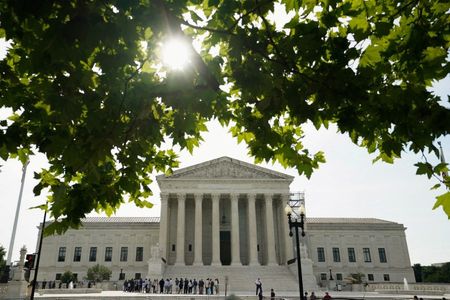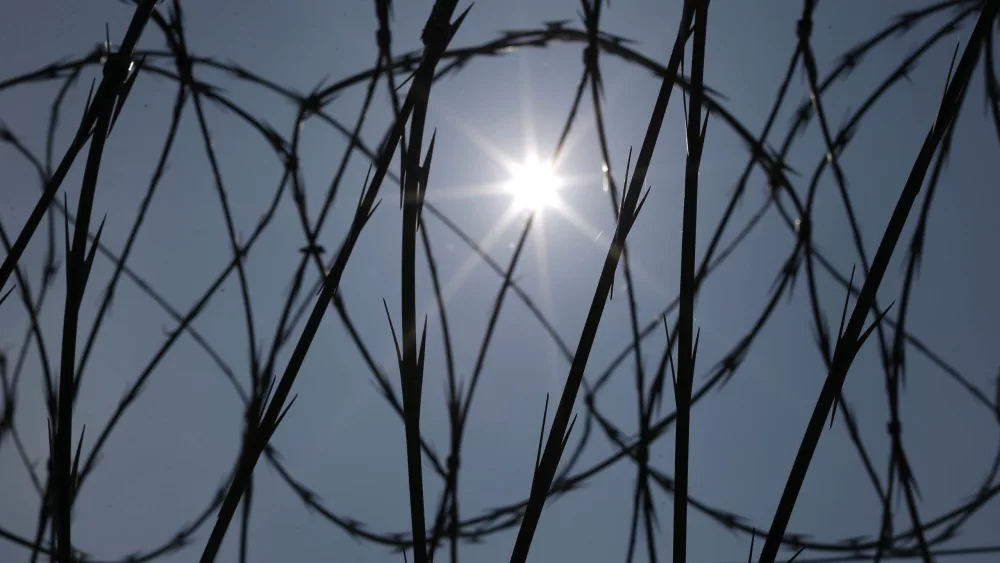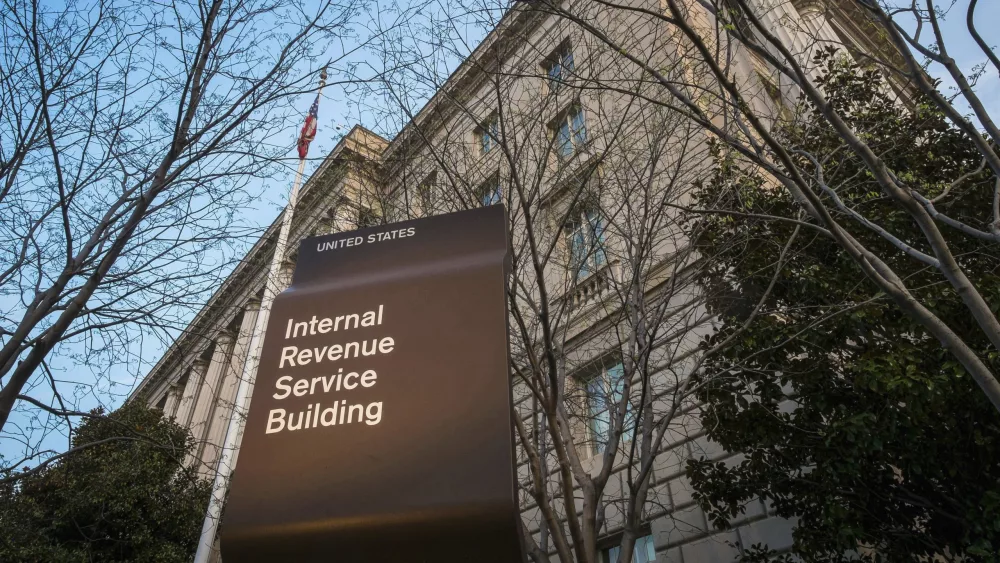By Andrew Chung
WASHINGTON (Reuters) -The U.S. Supreme Court declined on Wednesday to impose limits on the way President Joe Biden’s administration may communicate with social media platforms, rejecting a challenge made on free speech grounds to how officials encouraged the removal of posts deemed misinformation, including about elections and COVID.
The justices, in a 6-3 ruling, overturned a lower court’s 2023 decision that various federal officials likely violated the U.S. Constitution’s First Amendment, which protects against governmental abridgment of free speech, in a case brought by the states of Missouri and Louisiana and five individuals.
The New Orleans-based 5th U.S. Circuit Court of Appeals had issued an injunction constraining such contacts by the administration.
The two Republican-led states and the individual social media users in 2022 sued officials and agencies across the federal government, including in the White House, FBI, surgeon general’s office, Centers for Disease Control and Prevention and the Cybersecurity and Infrastructure Security Agency.
The Supreme Court, in the ruling authored by conservative Justice Amy Coney Barrett, decided that the plaintiffs did not have the required legal standing to sue the administration in federal court.
The plaintiffs could not show a “concrete link” between the conduct by the officials and any harm that the plaintiffs suffered, Barrett wrote. They “emphasize that hearing unfettered speech on social media is critical to their work,” Barrett wrote. “But they do not point to any specific instance of content moderation that caused them identifiable harm.”
Conservative Justices Samuel Alito, Clarence Thomas and Neil Gorsuch dissented from the decision.
The plaintiffs argued that the administration had violated the rights of social media users whose posts were removed by platforms including Facebook, YouTube, and Twitter, now called X.
At issue was whether the administration crossed the line from mere communication and persuasion to strong arming or coercing platforms – sometimes called “jawboning” – to unlawfully censor disfavored speech, as lower courts found.
Biden’s administration argued that officials sought to mitigate the hazards of online misinformation, including false information about vaccines during the pandemic that they said was causing preventable deaths, by alerting social media companies to content that violated their own policies.
Many researchers, as well as liberals and Democrats, have warned of the dangers of social media platforms amplifying misinformation and disinformation about public health, vaccines and election fraud.
Echoing concerns raised by Republicans and various voices on the right, the plaintiffs argued that platforms, with their content-moderation practices, suppressed conservative-leaning speech. This is, the plaintiffs said, government coercion – a form of state action barred by the First Amendment.
The Justice Department argued that government officials, including presidents, long have used the bully pulpit to express views and to inform on matters of public concern.
It also said that private entities that make decisions on that information are not state actors as long as they are not threatened with adverse consequences. The department said an injunction limiting the administration’s actions could chill vital government communications, including to protect national security.
The Supreme Court in October had put on hold an injunction issued by the New Orleans-based 5th U.S. Circuit Court of Appeals constraining the administration’s contacts pending the review by the justices of the case. The injunction barred an array of government officials from communicating with platforms regarding content moderation, such as urging the deletion of certain posts.
Louisiana-based U.S. District Judge Terry Doughty issued a preliminary injunction in July 2023. Doughty concluded that the plaintiffs were likely to succeed on their claim that the government helped suppress “disfavored conservative speech” on mask-wearing, lockdowns and vaccines intended as public health measures during the pandemic, or that questioned the validity of the 2020 election in which Biden, a Democrat, defeated Donald Trump, a Republican.
The 5th Circuit subsequently narrowed that order.
The Supreme Court heard arguments in the case in March.
This was its latest ruling concerning free speech rights in the digital age.
In another case involving the government and social media, the justices in March decided that public officials can sometimes be sued under the First Amendment for blocking critics on social media. They set a new standard for determining if public officials acted in a governmental capacity when blocking critics on social media – a test to be applied in lawsuits accusing them of violating the First Amendment.
The justices also are expected in the coming days to rule on the legality of Republican-backed laws in Florida and Texas intended to restrain social media companies from curbing content that their platforms deem objectionable.
(Reporting by Andrew Chung; Editing by Will Dunham)
Brought to you by www.srnnews.com







